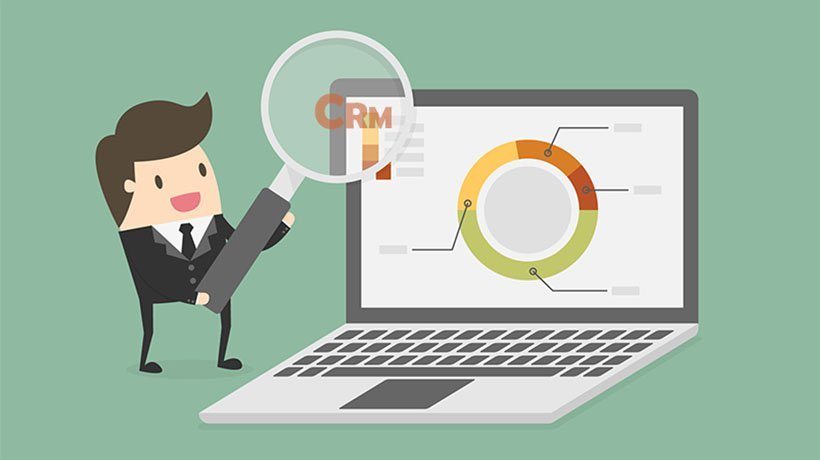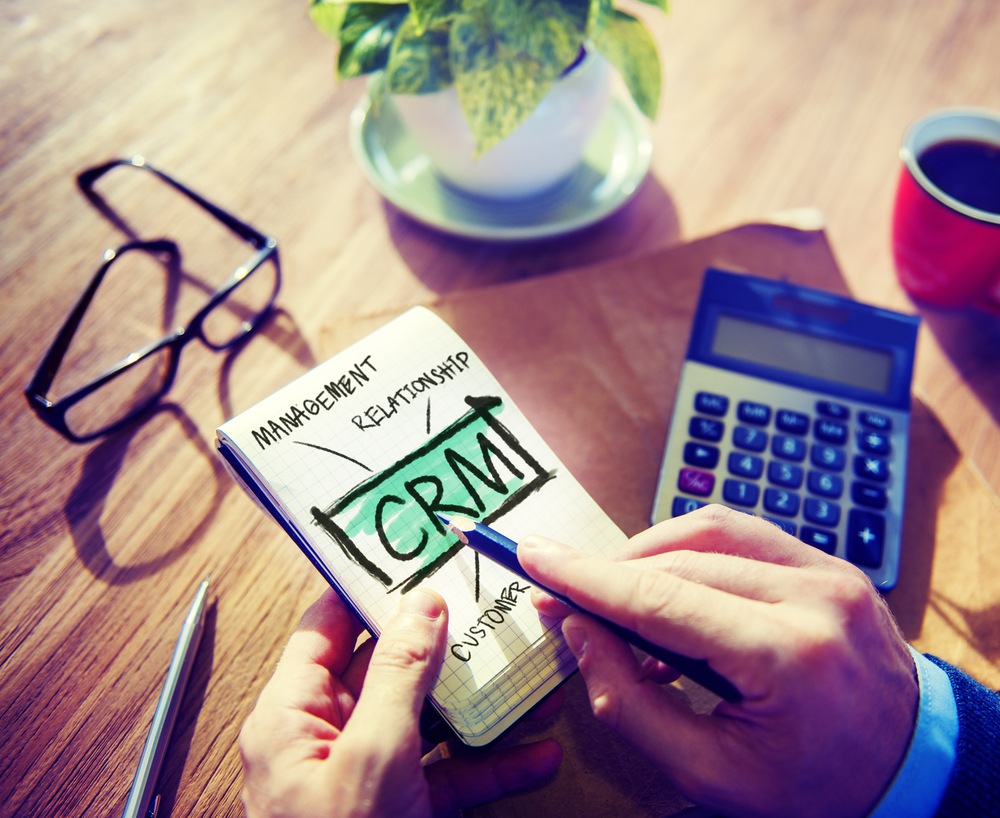Building An LMS In A CRM Strategy
The Learning Management System (LMS) has already been popular in the corporate arena to execute training activities and conduct Learning and Development (L&D) programs for quite some time. It has become the main learning hub for businesses to transform knowledge for their employees. A report on corporate digital learning by KPMG states that the "global e-learning market has witnessed 900 percent growth since 2000."
Apparently, the primary growth driver behind the boom of LMSs in the market is the adoption of digital or remote learning. With the expansion of Artificial Intelligence and machine learning in learning setups, several LMS software are spearheading the success of digital programs. Integration of an LMS with customer relationship management (CRM) software is a tried and tested strategy used by many organizations for seamless coaching programs. For example, many SaaS organizations are incorporating LMS features for myriad reasons. If you are new to the concept of a CRM, let me introduce you to that first.
CRM is a software application that is used to record and manage customer interactions and improve business relationships. It helps you in streamlining business workflows and the underlining factor is that it helps in providing 360-degree customer information (single customer view). With a single customer view, you can increase sales, attain customer loyalty, and provide a superior customer experience. As it is mentioned above, using 360-degree customer information available in the CRM, you can deliver training programs for internal (employee training and onboarding) and external (customer and partner training) purposes in an organization.
- Note
The 360-degree information recorded in the CRM includes every possible detail like previous conversations, purchase history, etc. A CRM is not just a platform to record basic details of the user like name, phone number, etc.; it can store in-depth information.
What Are The Advantages Of LMS In CRM In Corporate Training Scenarios
The 360-degree information or historical data of a user stored in a CRM is enough to understand their unique demands. Based on this information, you can perform a whole range of actions to expand the growth of your business. The historical customer data allows you to:
1. Deliver Customized Training Programs
When you have in-depth customer information handy, it is easier to understand their behavior, which allows you to curate and recommend programs as per their needs. In this way, your customers or partners will be able to grasp information about your business on their own. You can even provide courses for your internal employees. For example, sales managers can create soft skill courses for sales reps to enhance their pitch. Marketing managers can create courses on how to carry out effective campaigns to strengthen the knowledge of marketing professionals.
2. Provide A Single Sign-On Option To Log In
When LMS is integrated into a CRM, user information will be shared across the portals. This is a major highlight because users can use a single user name and password to sign into their CRM and LMS windows. Since it is a time-consuming process to keep track of all of your credentials, it is a boon for businesses to harness the power of both LMS and CRM at the same time.
Apart from theory-based learning, if you are able to implement your knowledge practically, your understanding of the subject will expand tremendously. With an LMS in the CRM, you can gain hands-on experience of the knowledge from the training. For example, if your business is into mobile development, your employees or customers will learn about your product and do practical experiments in your CRM simultaneously.
3. Automate Enrollment Activities
When you are only depending on your LMS portal, it is a tedious task to record your user details individually. However, when integration is possible, you can take a learner’s information from the CRM itself. Not just that, you can avail the use of the templates module in a CRM and craft customized emails for every user by inserting a link for logging into the learning platform.
4. Generate Actionable Insights
Learning requires constant monitoring and tracking to understand the progress of the learner. Although the LMS has an option to track user progress, an LMS in a CRM permits you to generate reports as well. The majority of the CRM software has built-in report modules which allow you to generate reports in the form of graphs, charts, etc. A pictorial representation of learner progress makes it seamless to understand gaps in the learning cycle, and provides valuable feedback.
Initiate Training And Onboarding Programs By Merging LMS And CRM Software
The COVID-induced lockdowns changed the ways of learning extensively. People are drawn more toward flexible, self-paced learning styles over instructor-based learning methods, as this provides greater convenience for them to learn at their own pace. Now, the question is, how can this benefit internal and external training? Such training programs are mainly useful to provide 360-degree information about your products and services. And, by also linking your LMS with your CRM, all your data will be stored in a single location and everyone will have access to information, thus reducing departmental silos.
Internal Training
Internal training in an organization covers employee training and the onboarding of new hires. The three pillars of a business are sales, marketing, and customer service departments. Since they connect with customers on a regular basis, it is essential to coach them regularly and update them on the latest business information.
- Marketing training
The LMS in CRM allows you to target marketing campaigns and recommend programs to your customers. Using the LMS for marketing training, you can create customized courses like digital marketing training, compliance training, etc., so that your marketing professionals can be well-versed in running campaigns and customer acquisition [1]. - Sales training
The LMS in CRM integration provides you with upselling and cross-selling opportunities. In order to enhance the sales pitch of your reps, you can provide soft skills training and train them to sell efficiently using an LMS for sales training [2]. - Customer service training
With an LMS for customer support training, you can provide product training to your support team and reduce the number of escalations and enhance the quality of conversation with your customers.
The LMS integrated into a CRM is a preferable solution to optimize employee training activities for both existing employees and new hires.
External Training
The external training program emphasizes customer and partner training. Since these people are key to the success of an organization, it is important to address their demands with utmost care. One of the best ways to transfer business information to your customers and partners is via a knowledge base, a self-serve portal.
A knowledge base is a digital library where you can store information about your business and the services that you offer. For example, you can store product overviews, company policies, user manuals, FAQs, blogs, help documentation, etc. This helps your customers and partners quickly solve their queries by themselves without depending on the support team.
By using an LMS, you can update content in your knowledge hub in a variety of formats like infographics, microlearning videos, PowerPoint presentations, gamified programs, etc. [3]. This will allow learners to choose content as per their preference and engage in qualitative learning. The knowledge hub is not just limited to customers or partners but can be used for internal training as well. Nowadays, the knowledge base is also integrated into a CRM, making it easier for employees to access the information with ease.
References:
[1] Leverage LMS to Upgrade Marketing Skills






